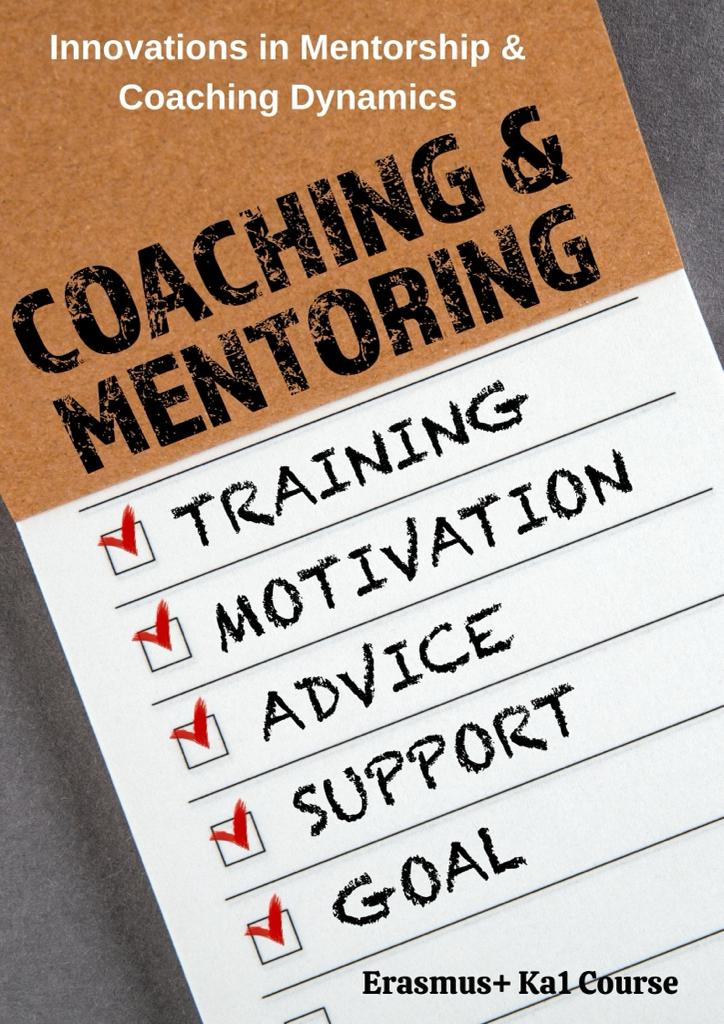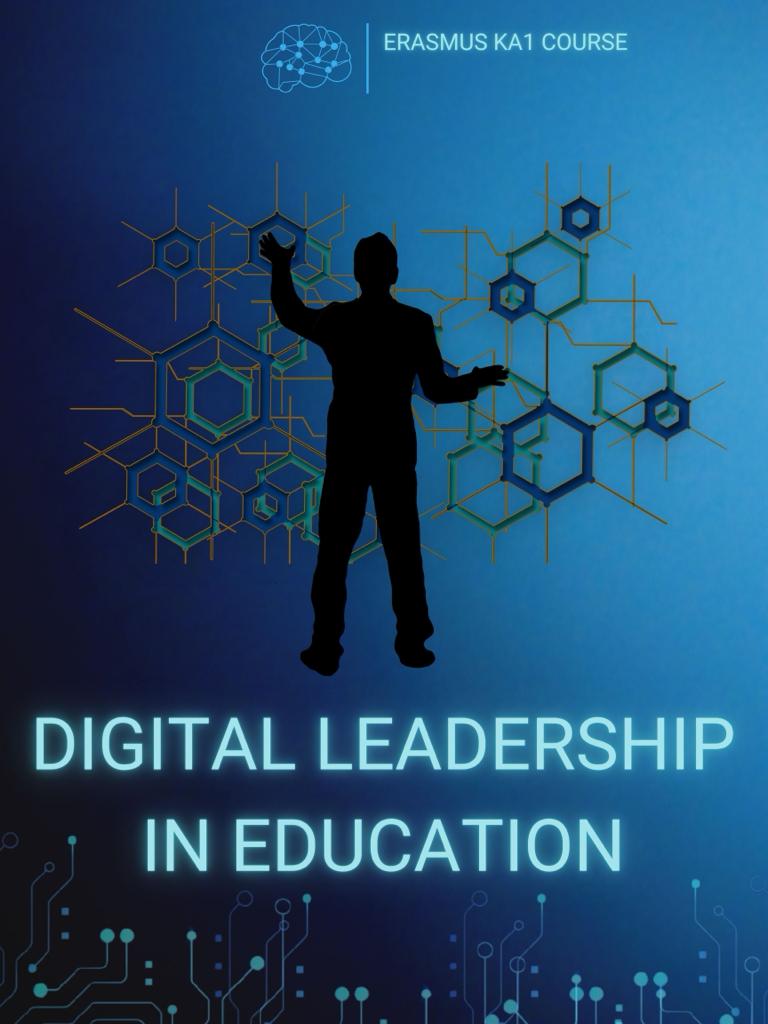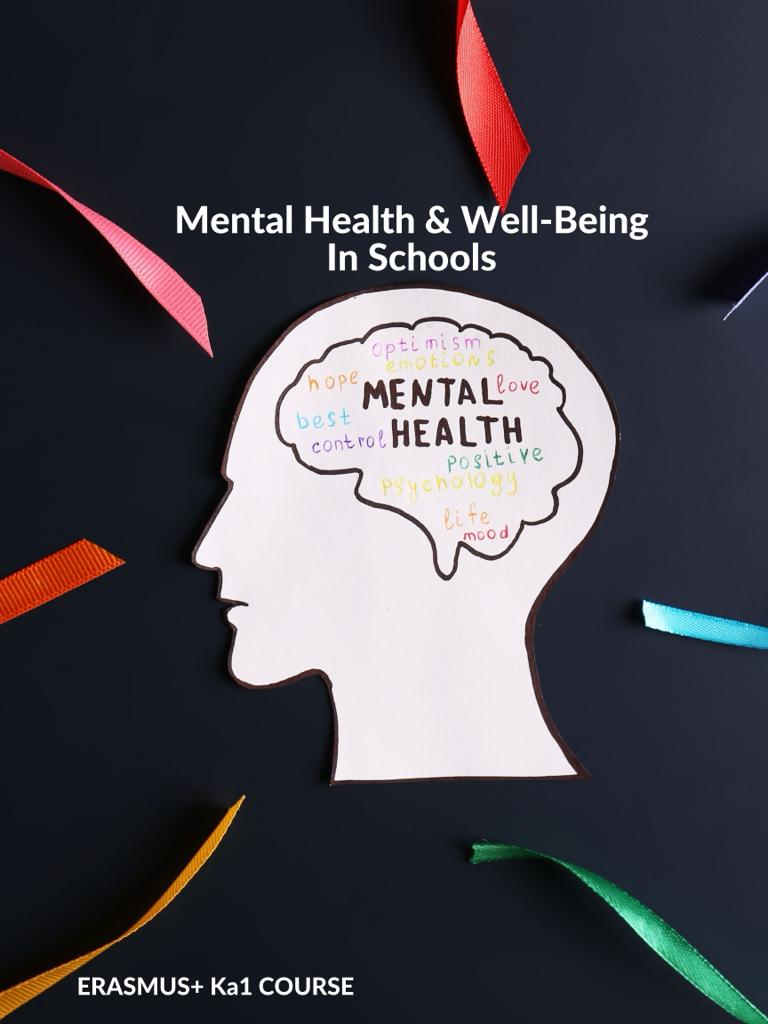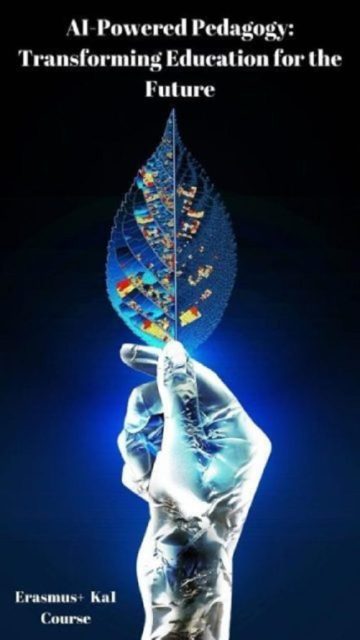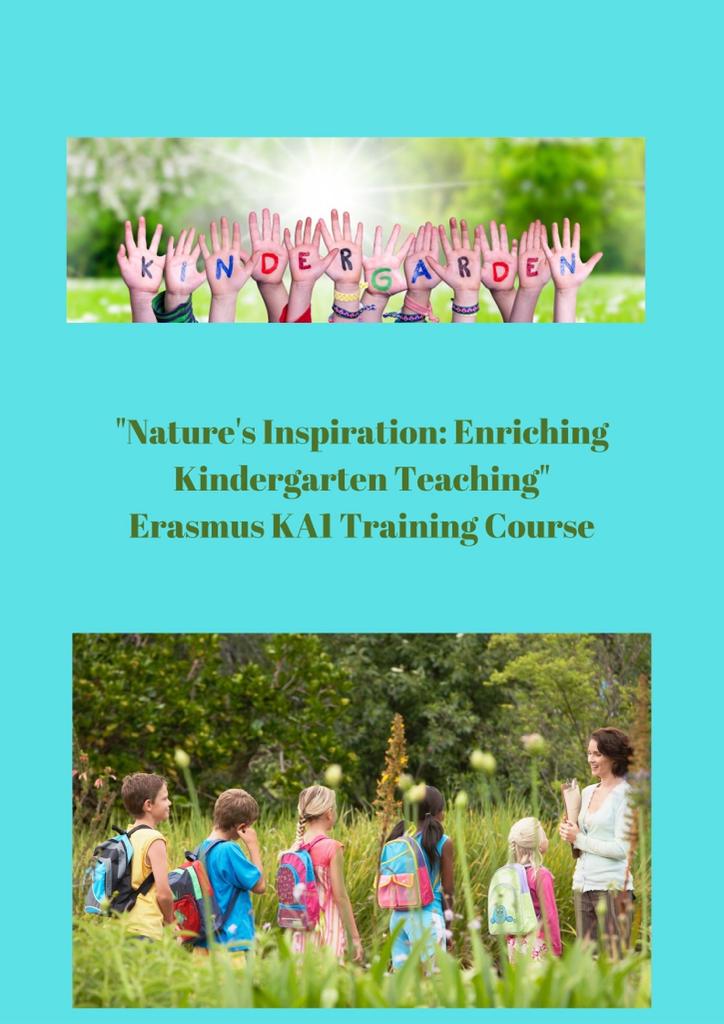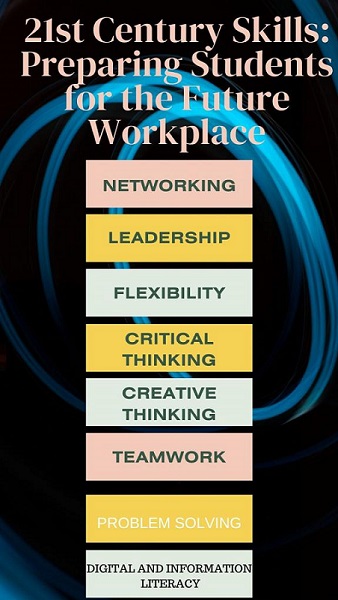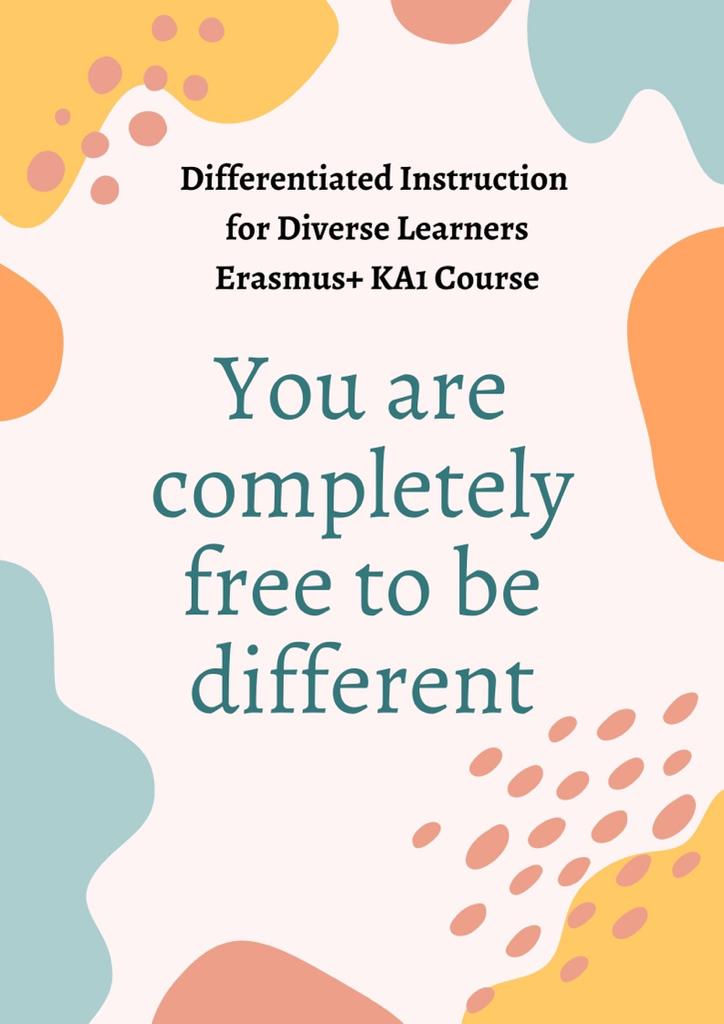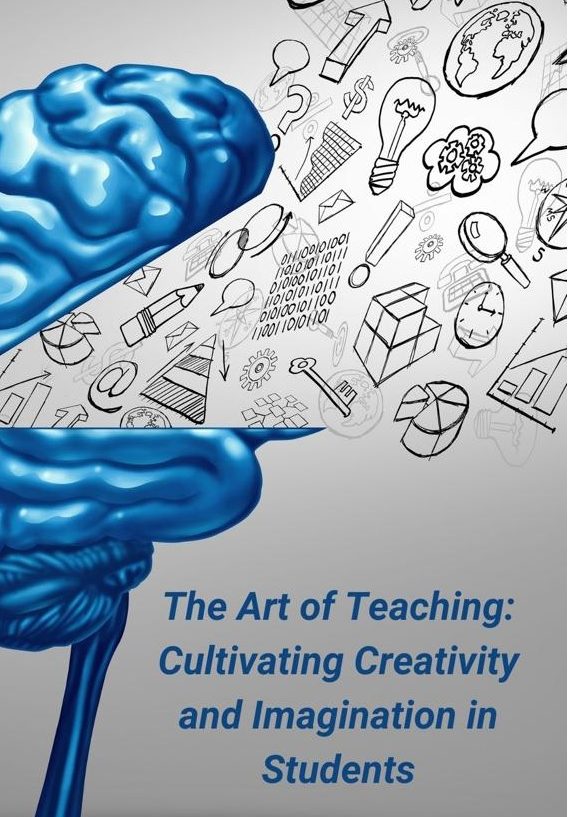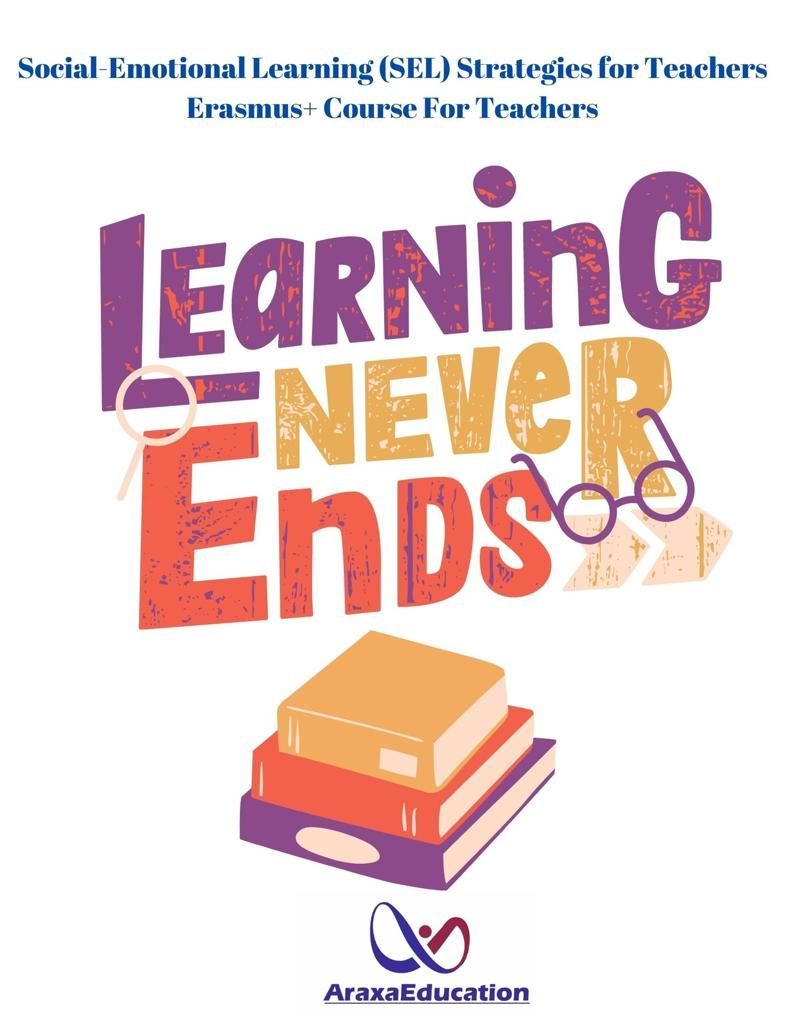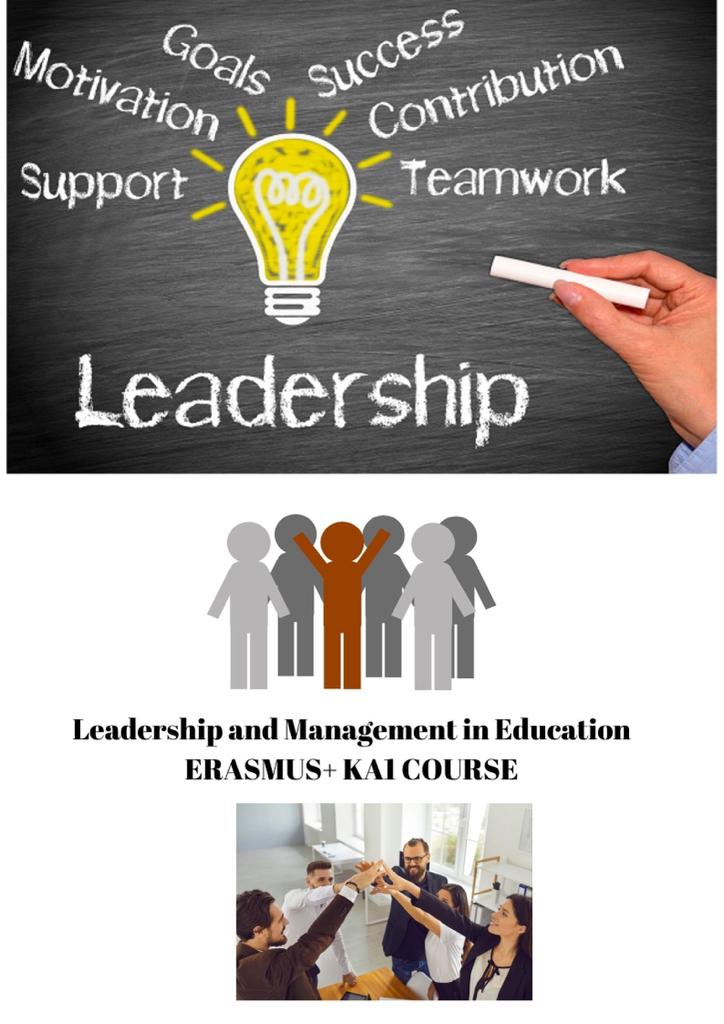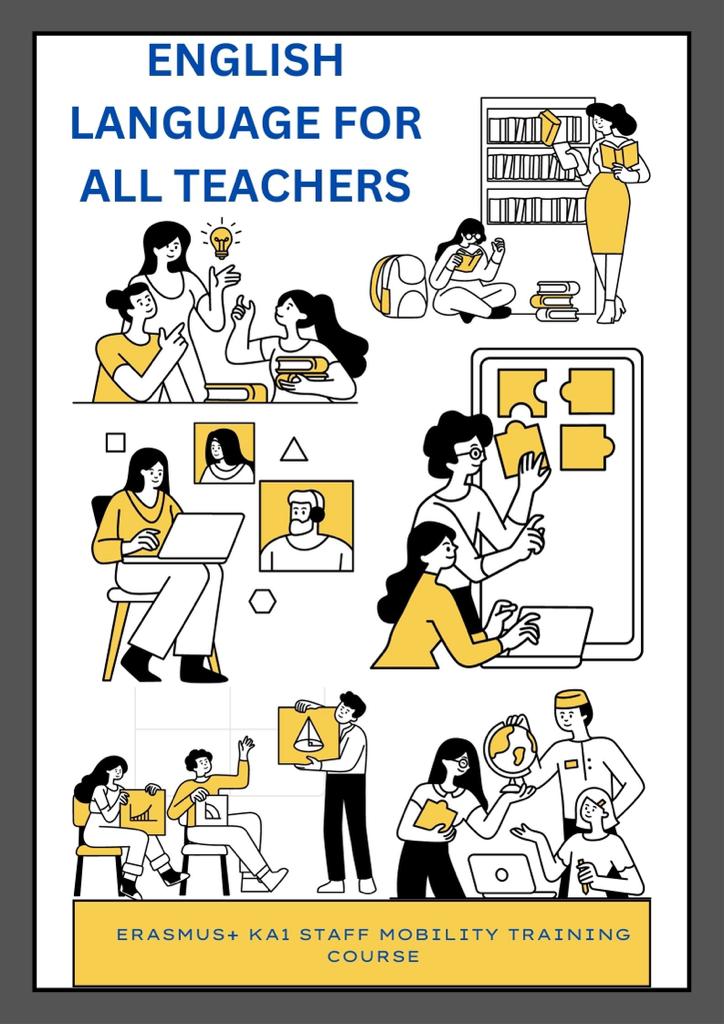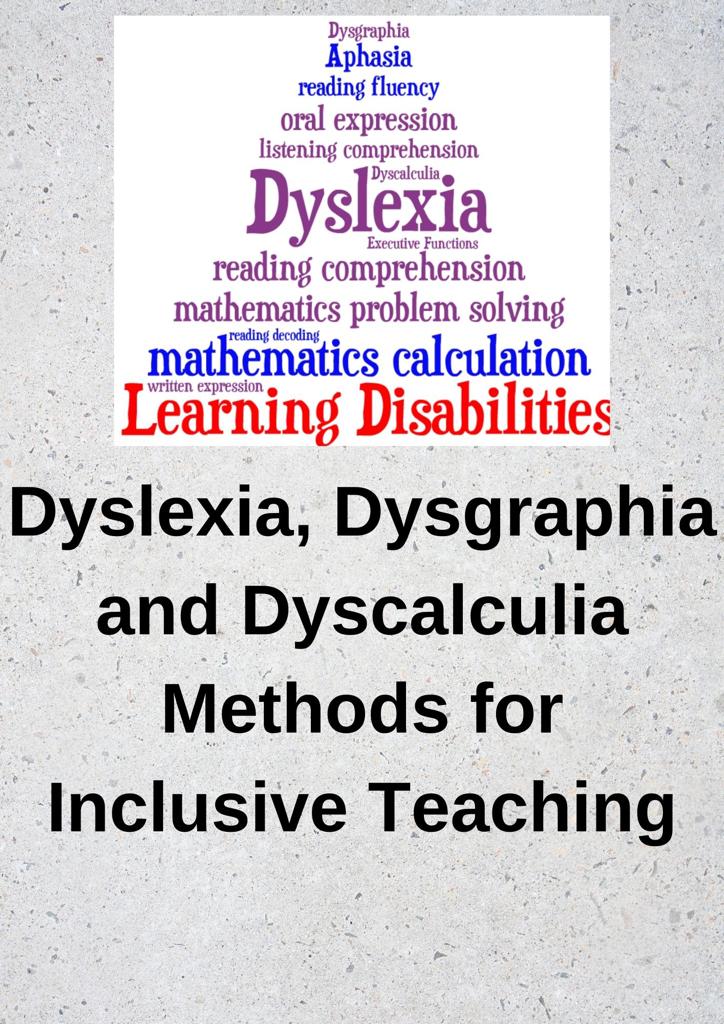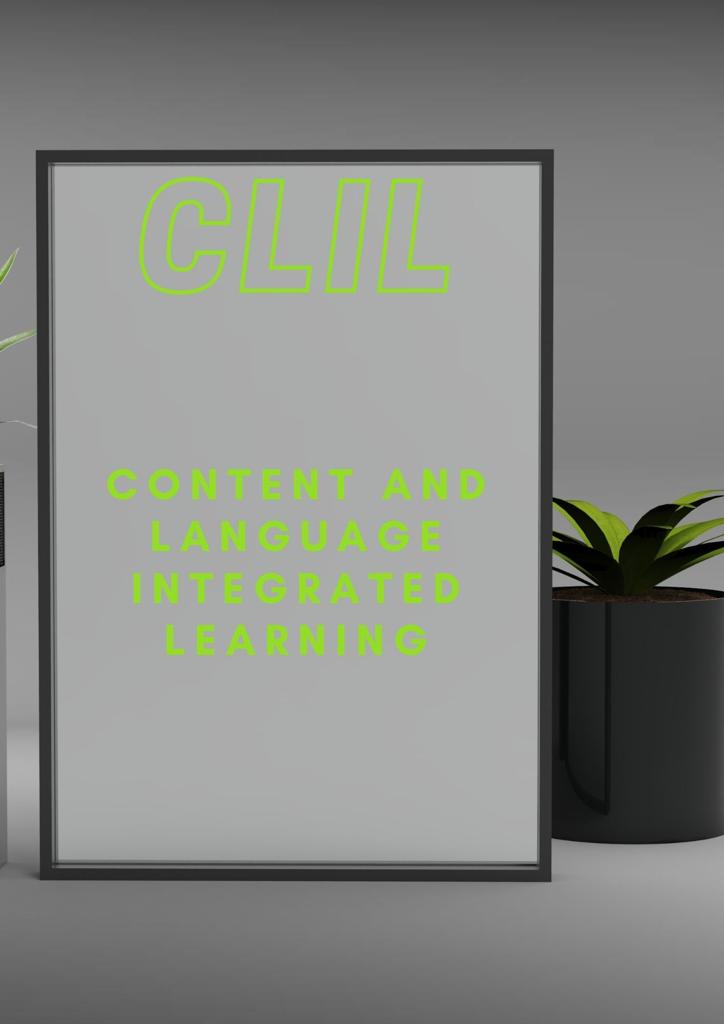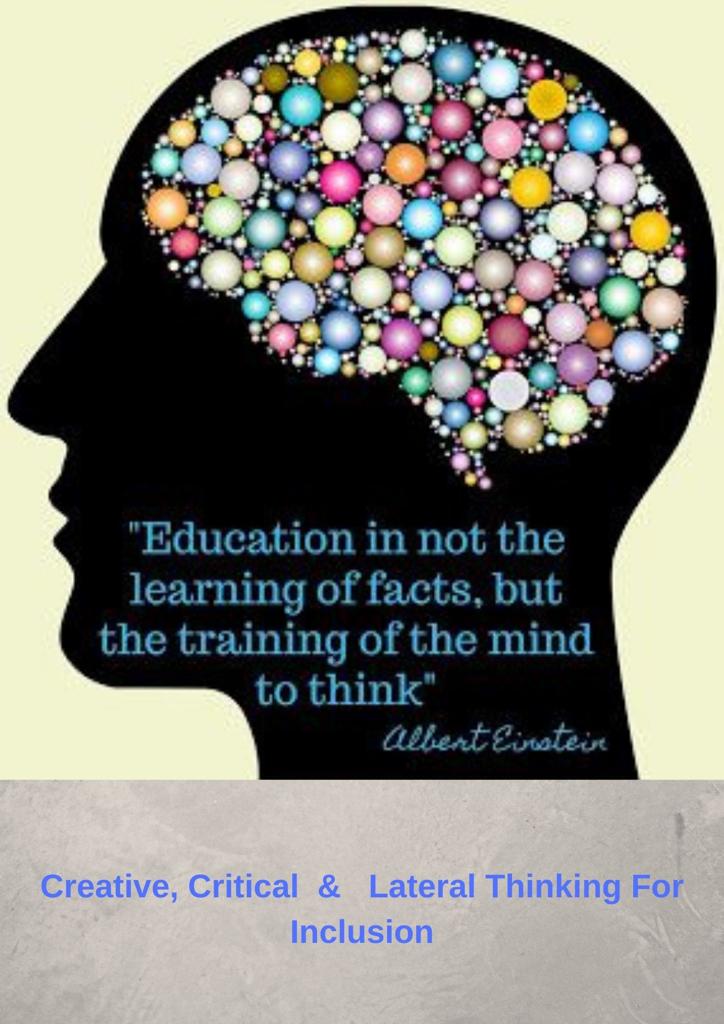| Course Description | This course caters to individuals who are passionate about human development and understand interpersonal dynamics. Through an in-depth examination, it uncovers the mutually beneficial bond between mentorship and coaching. The content is specifically designed for those in various professions, such as trainers, psychologists, social workers, sociologists, and teachers. It dives deep into the complexities of guiding, supporting, and nurturing the growth of others.
This course is a game-changer for trainers, providing essential strategies for expanding learning beyond conventional approaches. It equips trainers with mentorship principles to elevate their training sessions, leading to more customized and meaningful learning experiences. For psychologists, the coaching aspects of this course are especially beneficial, as they add a proactive and solution-focused dimension to their therapeutic methods. Social workers, who constantly navigate the intersection of support and empowerment, will discover valuable tools to foster stronger and more resilient communities. Sociologists will find valuable insights in this course as it delves into the intricate dynamics of group interactions, leadership structures, and the profound societal influence of mentorship-coaching partnerships. Additionally, educators will discover practical strategies to foster a supportive classroom atmosphere, promoting both academic and personal development in their students. During the course, attendees will actively participate in interactive sessions, analyze case studies, and complete hands-on exercises, all of which will contribute to a dynamic learning experience. By combining theoretical knowledge with practical applications, participants will leave with a well-equipped set of tools to elevate their professional skills and make a meaningful impact in their industries. |
| Methodologies Of The Course | 1. Interactive Lectures: Engaging sessions that introduce core concepts, theories, and best practices in mentorship and coaching. These sessions provide foundational knowledge for participants.
2. Case Studies: Real-world scenarios and examples are presented to allow participants to analyze and apply theoretical concepts to practical situations, fostering critical thinking and problem-solving skills. 3. Role-Playing Exercises: Participants engage in simulated mentor-mentee and coach-coachee interactions. These exercises offer hands-on experience, enabling attendees to practice communication techniques, active listening, and feedback delivery in a controlled environment. 4. Group Discussions: Facilitated discussions provide a platform for participants to share experiences, challenges, and insights. This collaborative approach encourages peer learning and the exchange of diverse perspectives. 5. Practical Workshops: Hands-on workshops focus on specific skills and techniques, such as active listening, powerful questioning, and goal-setting. Participants receive immediate feedback and guidance, refining their abilities in real-time. 6. Self-Reflection Exercises: Guided introspective activities allow participants to reflect on their strengths, areas for improvement, and personal coaching/mentoring styles. This introspection promotes self-awareness and personal growth. 7. Continuous Assessment: Throughout the course, participants receive feedback on their progress, ensuring understanding and retention of key concepts. |
|
Learning Outcomes |
1. Participants will gain a comprehensive understanding of the core principles, theories, and models underpinning effective mentorship and coaching practices.
2. Attendees will develop enhanced communication skills, including active listening, constructive feedback delivery, and powerful questioning techniques, essential for effective mentorship and coaching relationships. 3. Participants will acquire hands-on experience through role-playing exercises, workshops, and case studies, enabling them to apply mentorship and coaching techniques in real-world scenarios. 4. Through introspective exercises and self-assessment tools, attendees will deepen their self-awareness, recognizing their strengths, areas for improvement, and personal mentoring/coaching styles. 5. Participants will learn to navigate complex interpersonal dynamics, fostering trust, building rapport, and establishing boundaries in mentorship and coaching relationships. 6. Attendees will master the art of setting clear, actionable goals with mentees and coachees, guiding them towards meaningful progress and growth. 7. Participants will understand and adhere to the ethical guidelines and responsibilities inherent in mentorship and coaching roles, ensuring the well-being and confidentiality of mentees and coachees. 8. Through continuous assessment and feedback mechanisms, participants will engage in ongoing professional development, refining their mentorship and coaching skills and adapting to evolving needs and challenges. 9. Attendees will cultivate leadership qualities, empowering them to inspire, motivate, and guide individuals and teams towards achieving their fullest potential. |
| Language | English |
| Duration | 7 Days or 5 Days |
| Type of Certification Awarded |
|
Schedule of the activities
|
Online Meeting Program |
– Meeting with the trainer
– Presentation of info pack – Q & A session
|
| Day 1: Introduction to Mentorship & Coaching | · The Significance of Mentorship: Historical and Contemporary Perspectives
· Overview of Coaching: Defining Principles and Practices
· Building Foundations: Trust, Rapport, and Ethical Considerations
· Communication Essentials: Active Listening and Constructive Dialogue |
| Day 2: The Mentor-Mentee Relationship | · Role-playing: Simulated Mentorship Interactions and Feedback
· Understanding Boundaries: Ethics, Confidentiality, and Professionalism
· Goal Setting in Mentorship: Strategies for Clarity and Success
· Addressing Challenges: Conflict Resolution and Cultural Sensitivity |
| Day 3: Advanced Coaching Techniques | · Psychological Frameworks in Coaching: Motivation, Behavior, and Change
· Digital Tools and Technology Integration in Modern Coaching
· Case Studies: Analyzing Effective Coaching Strategies and Outcomes
· Self-awareness and Reflective Practice: Enhancing Coaching Effectiveness
|
| Day 4: Feedback and Growth | · Constructive Feedback: Principles, Techniques, and Best Practices
· Addressing Burnout and Well-being: Strategies for Sustainable Coaching
· Peer Review Sessions: Sharing Experiences and Gaining Insights
· Personal Development Plans: Mapping Growth and Continuous Learning |
| Day 5: Mentorship in Diverse Contexts | · Mentorship in Educational Settings: Strategies for Student Success
· Mentorship in Corporate Environments: Fostering Leadership and Innovation
· Group Dynamics: Facilitating Collaborative and Supportive Environments
· Ethical Decision-Making: Navigating Complex Scenarios in Mentorship |
| Day 6: Integrative Approaches | · Mentorship and Coaching: Synergies, Distinctions, and Integration
· Mentorship Roadmapping: Designing Tailored Mentorship Programs
· Technology and Mentorship: Leveraging Digital Platforms for Engagement
· Strategic Networking: Building Meaningful Connections in the Field |
| Day 7: Mastery and Application | · Applying Mentorship and Coaching Techniques in Real-world Contexts
· Assessing Learning Outcomes and Personal Growth
· Awarding Certificates and Celebrating Achievements |
| Online Meeting Program | Araxa Edu supports your dissemination activities
|
|
PLANNED |
Zagreb, Croatia
İstanbul, Türkiye
Rome, Italy
Prague, Czech Republic
Thessaloniki, Greece
Paris, France
|
You can also make requests for different dates and locations when filling out the pre-registration form, aside from the planned program.
The course fee is 80 euros per participant per day. This fee does not cover some expenses like accommodation, travel, etc. Costs covering enrollment fees for staff mobility format ‘Courses and training’. ( Source: Erasmus+ Program Guide)
The Erasmus+ KA1 Structured Course is a testament to the transformative power of international collaboration in education. For educators, trainers, and professionals dedicated to elevating their craft and fostering global competencies, this course emerges as an invaluable opportunity. Rooted deeply within the Erasmus+ framework, the course is meticulously designed to align with the program’s core values, ensuring participants acquire knowledge and embody the spirit of cross-cultural exchange and innovation.
One of the defining features of the Erasmus+ KA1 Structured Course is its tailored curriculum. Recognizing the evolving landscape of education, the course delves into topics that resonate with the challenges and opportunities of the 21st-century classroom. Participants are introduced to a blend of theory and practical applications, ensuring they are well-equipped to navigate the complexities of modern educational settings. From innovative teaching methodologies to effective classroom management strategies, the curriculum is a comprehensive guide for educators aiming for excellence.
Beyond the confines of traditional learning, the Erasmus+ KA1 Structured Course fosters a vibrant community of learners. Participants have the unique opportunity to engage with a diverse cohort of professionals from across Europe. This melting pot of perspectives, experiences, and best practices serves as a catalyst for growth and innovation. Through collaborative projects, interactive discussions, and shared experiences, participants not only expand their global network but also gain invaluable insights into international educational practices.
While theoretical knowledge forms the foundation, practical application is the cornerstone of effective education. The Erasmus+ KA1 Structured Course places a strong emphasis on hands-on learning experiences. Through immersive workshops, participants engage in real-world scenarios, honing their skills and refining their teaching techniques.

